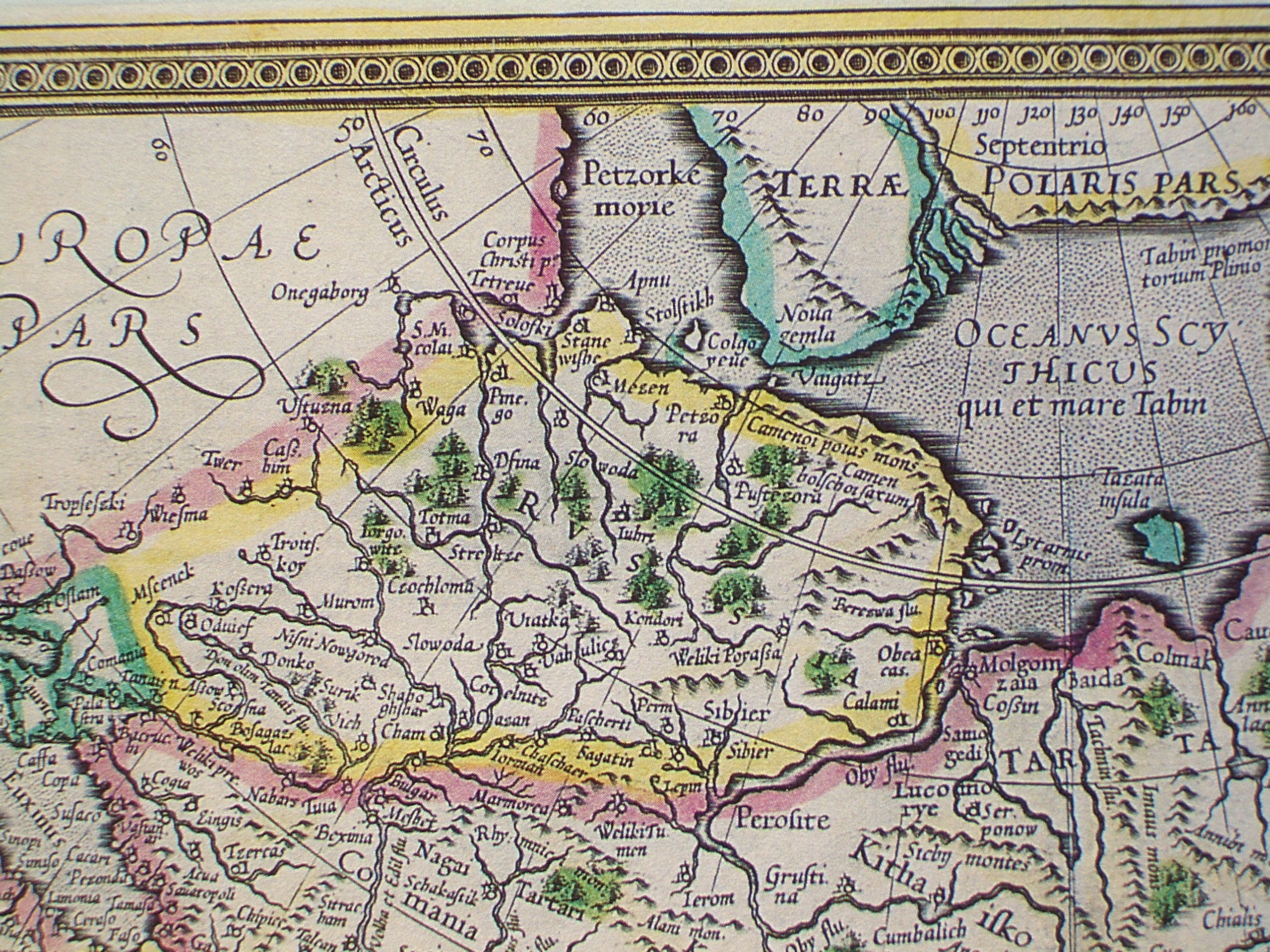Qashliq on:
[Wikipedia]
[Google]
[Amazon]
 Qashliq, Isker or Sibir () was a
Qashliq, Isker or Sibir () was a
p. 70
T. Curtis, ''The London encyclopedia'', 1829
p. 288
/ref> The modern village of ''Sibiryak'' () is located close to the site.
Photograph of the approximate siteAnt-13
at Panoramio) {{Authority control Buildings and structures in Tyumen Oblast Defunct towns in Russia Former populated places in Russia Forts in Russia Destroyed populated places Populated places on the Irtysh River Khanate of Sibir Cultural heritage monuments in Tyumen Oblast Objects of cultural heritage of Russia of federal significance Populated places in the Golden Horde
 Qashliq, Isker or Sibir () was a
Qashliq, Isker or Sibir () was a medieval
In the history of Europe, the Middle Ages or medieval period lasted approximately from the 5th to the late 15th centuries, similarly to the post-classical period of World history (field), global history. It began with the fall of the West ...
(14th–16th century) Siberian Tatar fortress, in the 16th century the capital of the Khanate of Sibir
The Khanate of Sibir (; ) was a Tatar state in western Siberia. It was founded at the end of the 15th century, following the break-up of the Golden Horde.Сибирское ханство // Большая советская энцикл ...
, located on the right bank of the Irtysh River
The Irtysh is a river in Russia, China, and Kazakhstan. It is the chief tributary of the Ob and is also the longest tributary in the world.
The river's source lies in the Mongolian Altai in Dzungaria (the northern part of Xinjiang, China) cl ...
at its confluence with the ''Sibirka'' rivulet, some 17 km from the modern city of Tobolsk. The fortress is first mentioned in Russian sources of the 14th century.
The period of the most development was in the first half of the 16th century. In 1582 the troops of Cossack
The Cossacks are a predominantly East Slavic Eastern Christian people originating in the Pontic–Caspian steppe of eastern Ukraine and southern Russia. Cossacks played an important role in defending the southern borders of Ukraine and Rus ...
ataman
Ataman (variants: ''otaman'', ''wataman'', ''vataman''; ; ) was a title of Cossack and haidamak leaders of various kinds. In the Russian Empire, the term was the official title of the supreme military commanders of the Cossack armies. The Ukra ...
Yermak seized and ruined Qashliq. The ruined city was retaken by the Siberian Tatars in 1584 only to be lost forever in 1586. The nearby city of Tobolsk was founded in 1587.
Sources differ on the exact location of the fortress. Most give the distance upriver from Tobolsk as 17 or 18 km, or versts, or ten to eleven miles, but others give 23 km. Sources of the early 19th century claim that the ruins of the fortress could still be made out with difficulty.e.g. J. Bell, ''A system of geography, popular and scientific'', 1832p. 70
T. Curtis, ''The London encyclopedia'', 1829
p. 288
/ref> The modern village of ''Sibiryak'' () is located close to the site.
References
External links
Photograph of the approximate site
at Panoramio) {{Authority control Buildings and structures in Tyumen Oblast Defunct towns in Russia Former populated places in Russia Forts in Russia Destroyed populated places Populated places on the Irtysh River Khanate of Sibir Cultural heritage monuments in Tyumen Oblast Objects of cultural heritage of Russia of federal significance Populated places in the Golden Horde